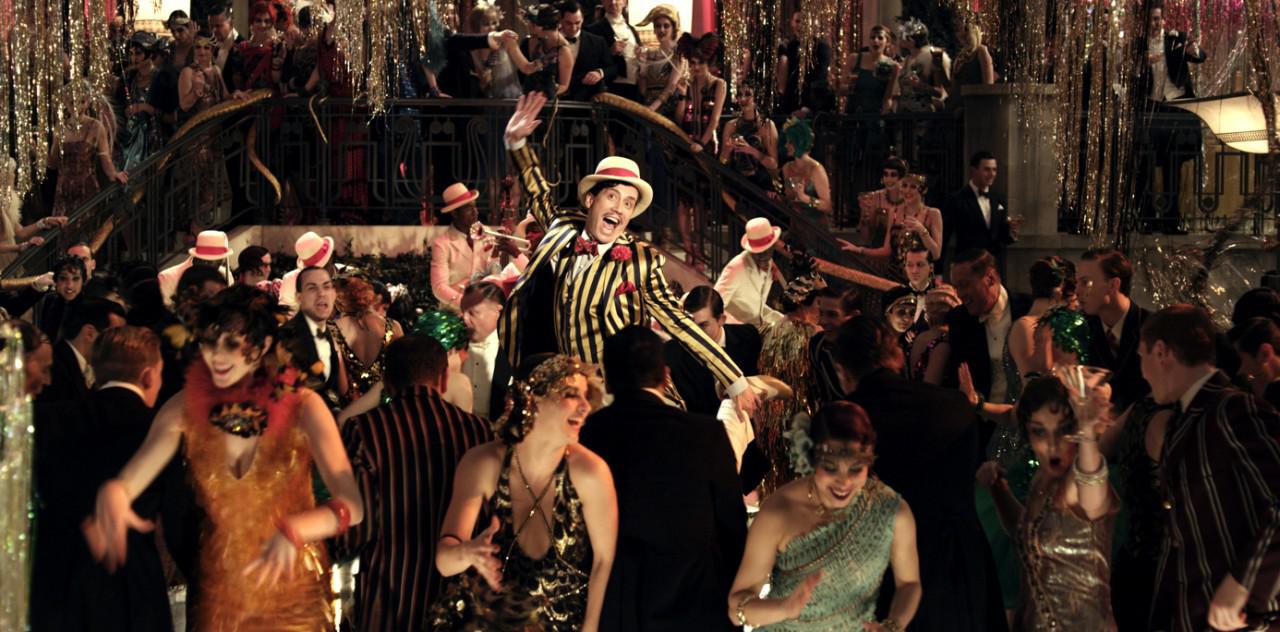Kevin Roose had a provocative column last week arguing that Jay Gatsby was likely insolvent by comparing plausible bootlegger earnings to the cost of his lavish lifestyle. I think Roose may be lowballing Gatsby’s wealth since he assumes he only started making paper when Prohibition went into effect in 1919. Gatsby’s war record during the previous years, however, is quite murky. It’s possible he actually began his involvement with organized crime during the war and perhaps did something to either launch rumors that he’s related to Kaiser Wilhelm or to obtain the gratitude of the short-lived (and doubtless none too well-governed) Kingdom of Montenegro.
More clearly, Roose is drastically overestimating the cost of Gatsby’s parties. With the assistance of an East Hampton event planner, he pegs the cost of a Gatsby-scale party at about $150,000 in 2013 dollars. He then runs that through a standad inflation calculator and comes up with a price of $11,000 in 1922 dollars.
The problem here is the dread relative price shifts. Over long time horizons not only does the overall price level shift but the relative price of different goods and services shifts. In particular, back in the 1920s labor-intensive services were very cheap. In her autobiography, Agatha Christie writes that when growing up she thought she’d never be so wealthy enough to own a car nor ever be so poor as to be unable to afford servants. And recall that Nick Carraway, who does not earn a lavish salary, has a “demoniac Finn” who cleans his house and cooks him breakfast on a daily basis. But if you were to calculate the 2013 price of a full-time servant and then retroactively attribute that income level to Nick, you’d end up vastly overstating how much he’s making in the bond game. It’s just that cars were expensive back then and unskilled human labor was incredibly cheap. The cost of throwing a giant party is primarily the cost of the labor involved, so huge parties would have been much more affordable in the twenties than today.
